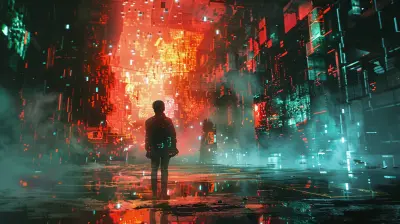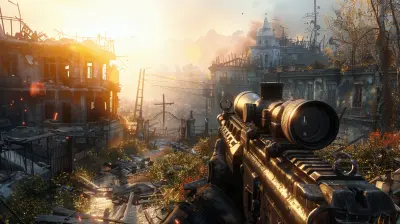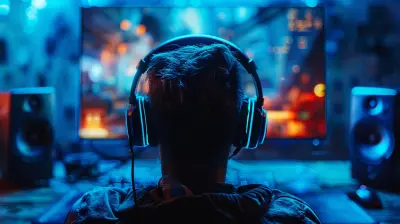Conveying Fear: Voice Acting in Psychological Horror Games
21 May 2025
When it comes to psychological horror games, what truly leaves us trembling and double-checking locked doors isn’t just the eerie atmosphere or spine-chilling visuals—it’s the voices. Yep, the voice acting in psychological horror games is like the conductor of a terrifying orchestra, pulling the strings on our emotions and dragging us headfirst into the terror. It’s a craft that, when done right, can make the haunting experience feel real, personal, and unshakable. But what exactly makes voice acting in these games so impactful? Let's dive into the whispers, screams, and unsettling silences of fear conveyed through voice.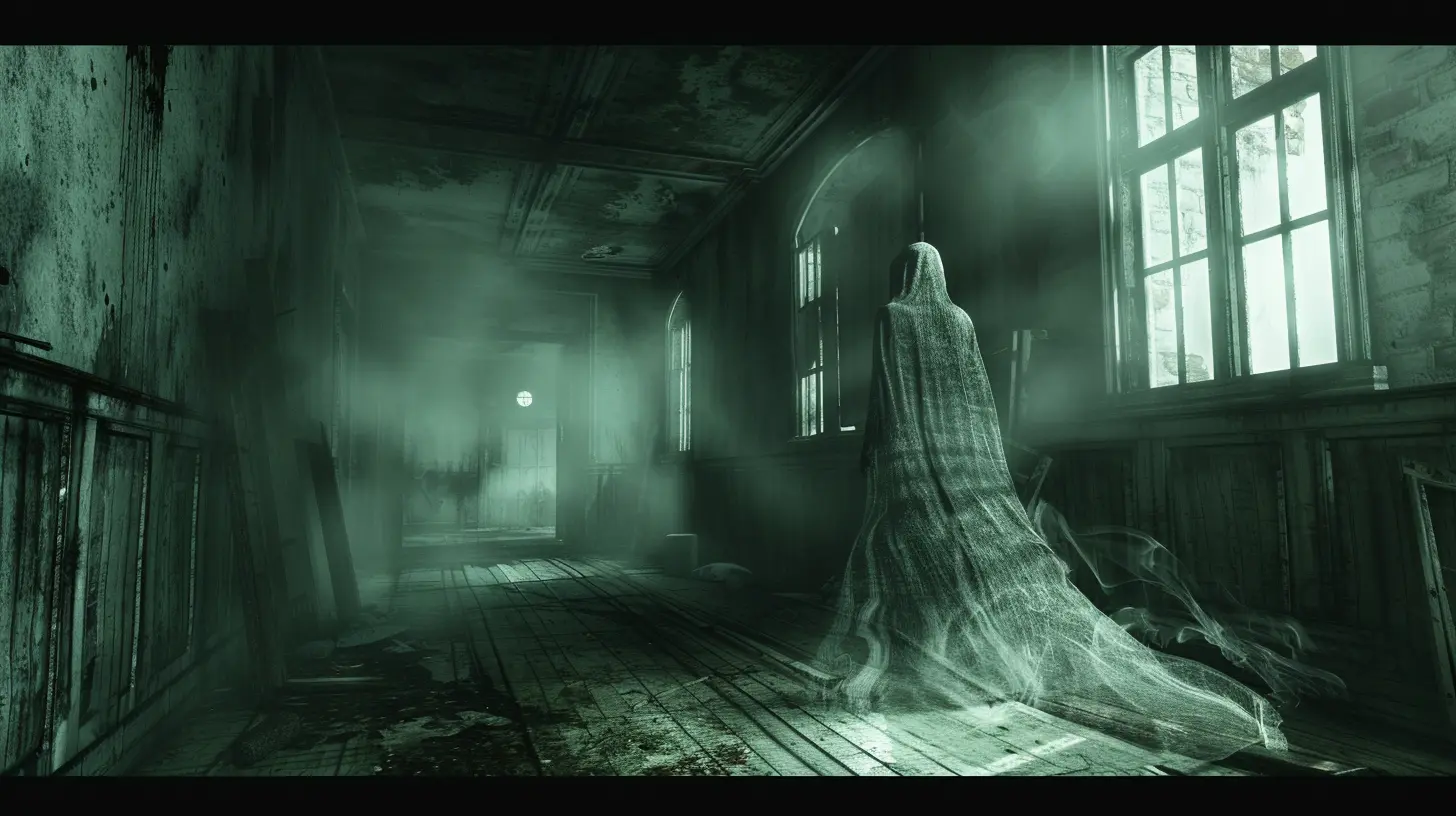
The Power of Voice in Psychological Horror
Imagine this: you're walking down a dimly lit hallway in a decrepit mansion. The lights flicker, the floor creaks, and suddenly, you hear a breathy voice whisper in your ear, "You shouldn't be here." Now, your heart’s racing, right? That voice alone has the power to send chills rippling down your spine.Voice acting in psychological horror games is the secret weapon developers use to get under your skin. It adds layers of complexity and dread to the narrative by making you feel like you're not just playing a game—you’re living through someone’s nightmare. A stellar voice performance doesn’t just tell you a story; it makes you feel every ounce of the character’s terror, dread, or insanity.
Why does this matter so much? Because our brains are hardwired to react emotionally to voice tone, volume, and cadence. Just like how a friend’s voice might calm you down, an eerie, unhinged tone can flip that emotional switch to full-on panic mode. In horror, it’s all about making you vulnerable, and voice acting excels at stripping away your defenses.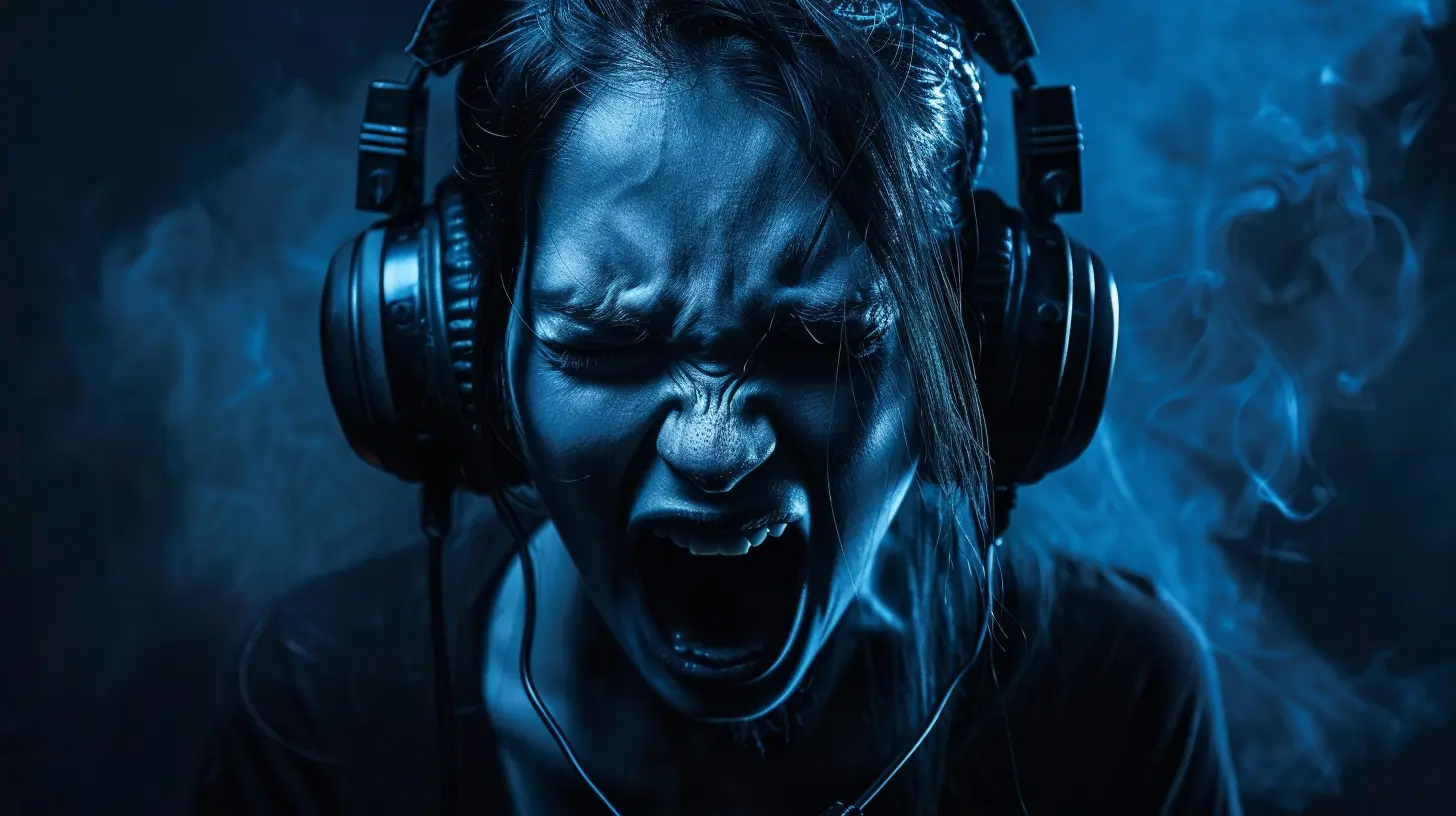
The Ingredients of Scary Good Voice Acting
Not all voice acting is created equal, though. A flat performance can kill immersion faster than hitting the pause button mid-scare. So, what separates spine-tingling voice acting from the forgettable kind? It all comes down to a few key ingredients:1. Emotional Authenticity
For voice acting in psychological horror games to work, it needs to sound real. If the voice actor doesn’t believe in the fear they’re creating, neither will you. An honest, gut-wrenching scream or a trembling, fear-laden whisper can transport you into the character’s psyche. You’re no longer just a player—you’re the victim.2. Subtlety and Nuance
Psychological horror thrives on subtlety. It’s not about shouting, “Look, something scary’s happening!” Instead, it’s about the quiet moments. The trembling breaths, the faltering speech, the cracks in someone’s voice as they try—and fail—to stay calm. These moments of vulnerability feel intimate, as if you’ve stumbled upon someone’s raw, unfiltered fear.3. Dynamic Range
Great voice acting in horror games involves balancing extremes. One moment, a voice can be barely audible, almost a whisper; the next, it’s a panicked scream that makes you instinctively flinch. That unpredictability mirrors the emotional rollercoaster of the game itself, keeping players on edge.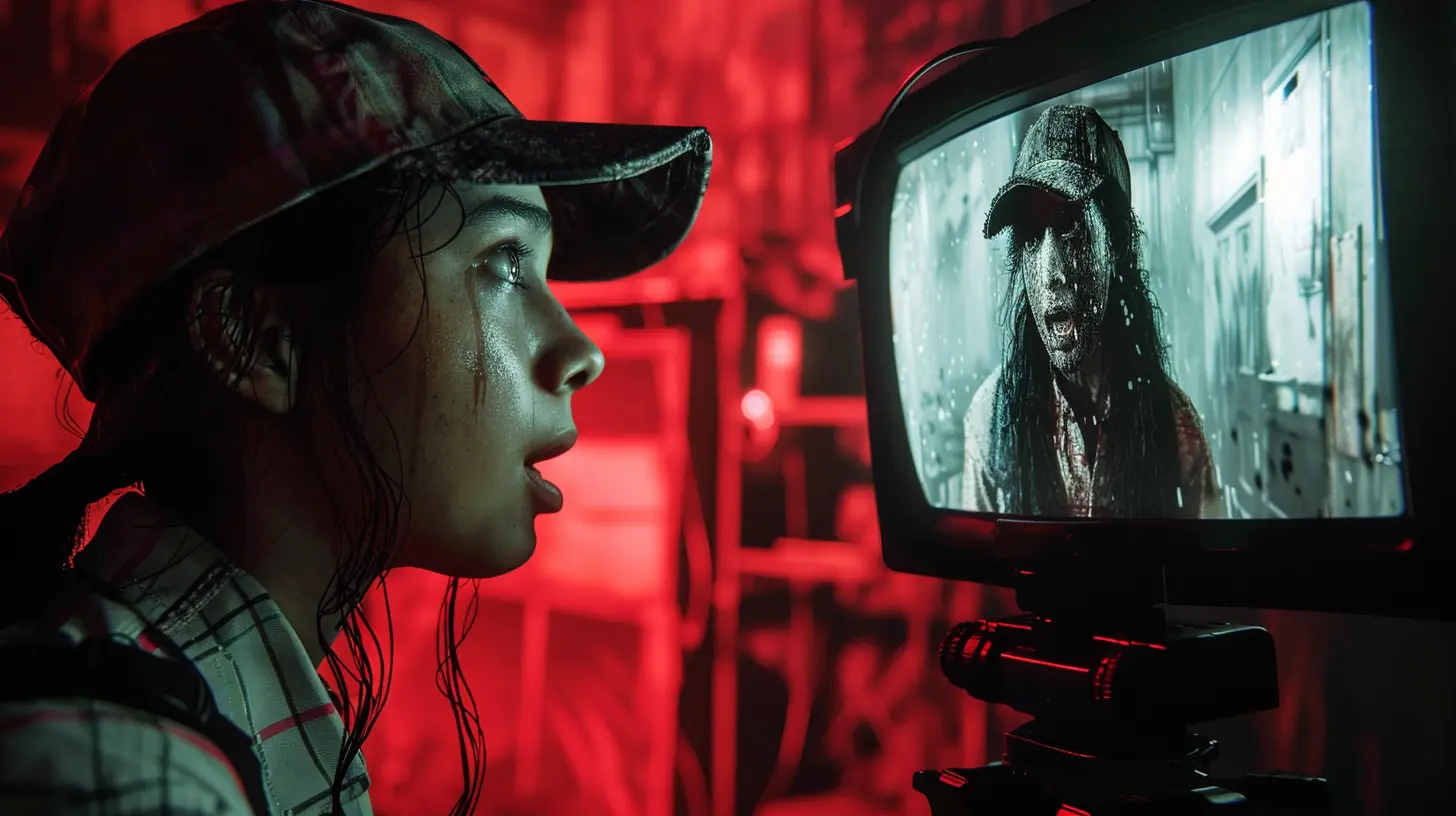
The Role of Voice Acting in Building Atmosphere
Voice acting isn’t just about the characters; it’s an essential tool for shaping the world around you. Think of it like seasoning in a dish. Alone, it might not seem like much, but combined with other elements—like eerie soundtracks and creepy visuals—it elevates the entire experience.Take games like Silent Hill 2 or Amnesia: The Dark Descent. What do they have in common? Their voice actors didn’t just read lines; they poured torment, dread, and madness into every syllable. These performances don’t just accompany the story—they are the story.
And let’s not forget environmental voice acting. The disembodied murmurs, ghostly laughter, or indecipherable chants that echo in the background don’t just fill the silence. They implant the idea that you’re never truly alone, and isn’t that the scariest thought of all? 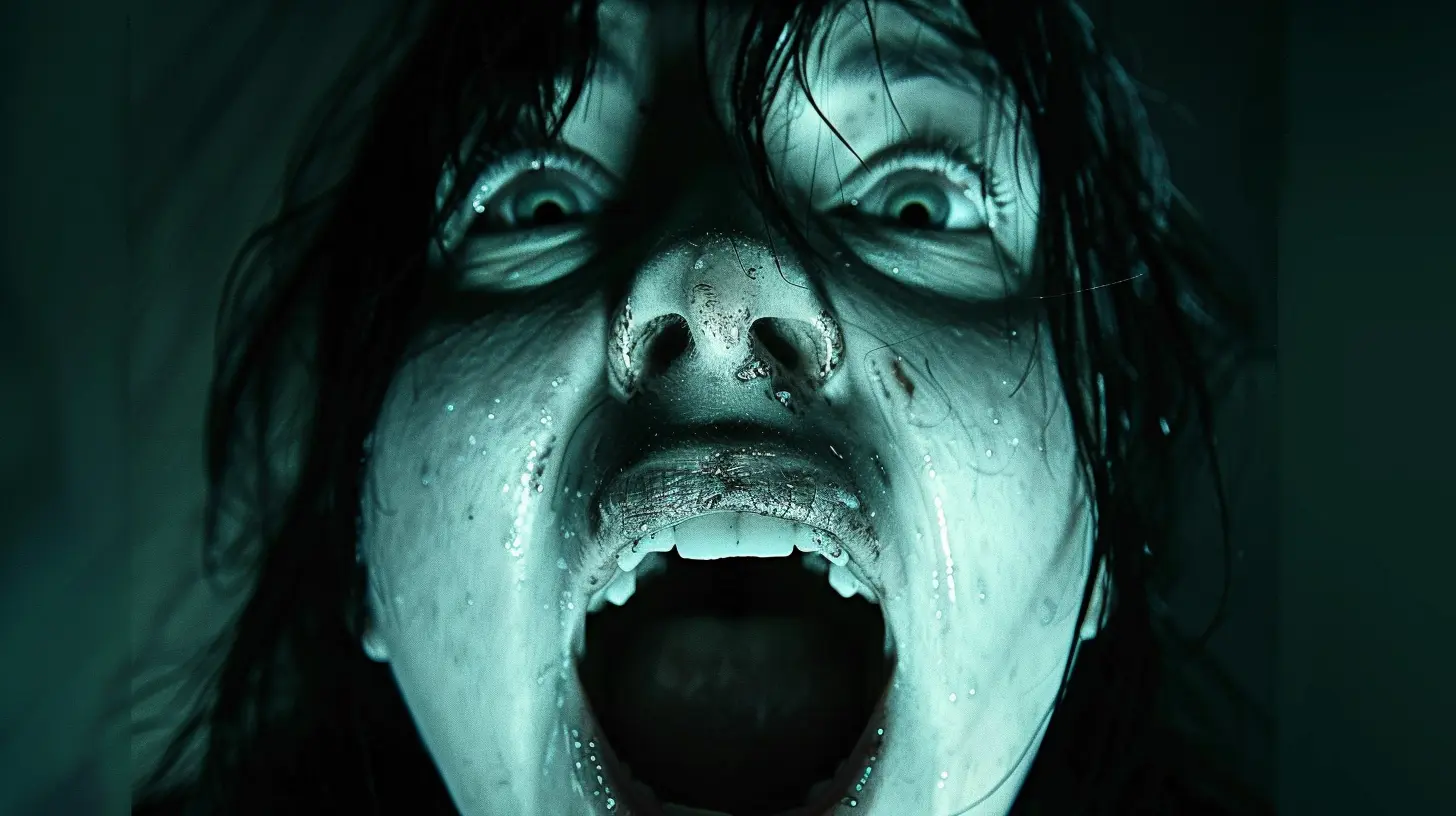
The Psychological Impact of Fearful Voices
Why do we react so strongly to unsettling voices? It’s simple: they tap into our primal instincts. Humans evolved to recognize vocal cues as a survival mechanism. A panicked voice might signal danger, a low growl might mean a predator nearby, and a whispered threat? Well, that’s just a recipe for paranoia.In psychological horror games, developers use voice acting to play with these instincts. The voices manipulate your emotions, creating a cocktail of anxiety, unease, and dread. Even when you’re sitting safely on your couch, your brain is convinced there’s something lurking in the shadows.
Iconic Voice Performances in Horror Games
It’s impossible to talk about voice acting in psychological horror games without highlighting some of the all-time greats. These performances didn’t just enhance the games—they became a part of gaming history.1. James Sunderland in Silent Hill 2
Guy Cihi’s performance as James Sunderland in Silent Hill 2 is a masterclass in restrained, understated fear. James doesn’t scream or panic much, but you can hear the guilt, confusion, and despair in his voice. It’s haunting because it feels like he’s carrying a weight too heavy to bear—a perfect match for the game’s themes.2. Tasi Trianon in Amnesia: Rebirth
Cissi Jones’ work as Tasi in Amnesia: Rebirth is raw, emotional, and completely immersive. Her voice captures a range of emotions—fear, determination, anger—making you feel connected to her struggle to survive. It doesn’t feel like acting; it feels like someone’s actual breakdown.3. The Narrator in Layers of Fear
In Layers of Fear, the narrator’s voice guides you through a descent into madness. The calm, almost soothing tone contrasts with the chaos of the game’s visuals, making his eventual unraveling all the more disturbing. It’s a chilling exploration of how voice acting can reflect a character’s mental state.Challenges and Expectations for Voice Acting in Horror
Voice actors in psychological horror games are tasked with a unique challenge: they need to be both believable and terrifying. But the work doesn’t stop there. They also have to match the game’s pacing, complement the sound design, and deliver performances that linger with players long after the credits roll.It’s not just about screaming on cue or delivering creepy lines, either. It’s about embodying the fear, despair, and even insanity of a situation. This level of commitment isn’t easy to achieve, but when it’s done right, the results are unforgettable.
What Makes Psychological Horror Games Feel Personal
Let’s be honest: horror hits differently when it feels like it’s happening to you. Voice acting plays a massive role in breaking that fourth wall. A whispered threat or a bloodcurdling scream doesn’t feel like it’s happening to a character on-screen—it feels like it’s aimed directly at you.The best psychological horror games use voice acting to create a sense of intimacy. The way a character pleads for help or mutters to themselves in desperation can make you feel like you’re right there with them, experiencing the terror firsthand. Suddenly, the game isn’t just scary—it’s personal.
The Future of Voice Acting in Horror Games
As technology advances, the possibilities for voice acting in psychological horror games are expanding. With motion capture, AI-driven voice modulation, and 3D audio, we’re seeing performances that are more immersive than ever before.Imagine hearing a voice that seems to shift around you, following your every move. Or a character’s tone changing based on your in-game decisions. The future of voice acting in horror isn’t just about bigger scares—it’s about creating deeply personal nightmares.
Conclusion
Voice acting is the lifeblood of psychological horror games. It’s what turns a creepy concept into an unforgettable experience. Whether it’s through trembling whispers, gut-wrenching screams, or haunting monologues, the voices in these games remind us why we love (and fear) horror so much.So, the next time you’re clutching your controller and debating whether to turn off a terrifying game, just remember—it’s not the visuals or the jump-scares that got you hooked. It’s the voices whispering in your ear, making the fear feel real.
all images in this post were generated using AI tools
Category:
Voice Acting In GamesAuthor:

Aurora Sharpe
Discussion
rate this article
3 comments
Jenna Clarke
Who knew whispers could send shivers down spines while simultaneously causing popcorn to fly? 🎤👻 Let’s give a round of applause to voice actors for turning our peaceful gaming nights into heart-pounding horror marathons. Next stop: therapy after hearing that eerie giggle! 🍿😱
May 22, 2025 at 4:22 PM

Aurora Sharpe
Absolutely! Voice actors truly elevate the horror experience, immersing us in a world of chilling sounds that linger long after the game ends. 🎮😨
Simon McCabe
This article beautifully highlights the crucial role of voice acting in creating immersive psychological horror experiences. The insights on how vocal nuances enhance fear are both fascinating and inspiring. Thank you for shedding light on this often-overlooked aspect of game design!
May 21, 2025 at 4:11 PM

Aurora Sharpe
Thank you for your kind words! I'm glad you found the insights on voice acting in horror games compelling. It truly plays a vital role in crafting immersive experiences!
Vex Underwood
Absolutely captivating! The power of voice acting in psychological horror is truly remarkable—transforming fear into an immersive experience. It’s incredible how sound can evoke such deep emotions. Keep up the great work!
May 21, 2025 at 5:04 AM

Aurora Sharpe
Thank you so much! I'm glad you found the exploration of voice acting's impact on fear captivating. Your insights on sound and emotion truly resonate!

